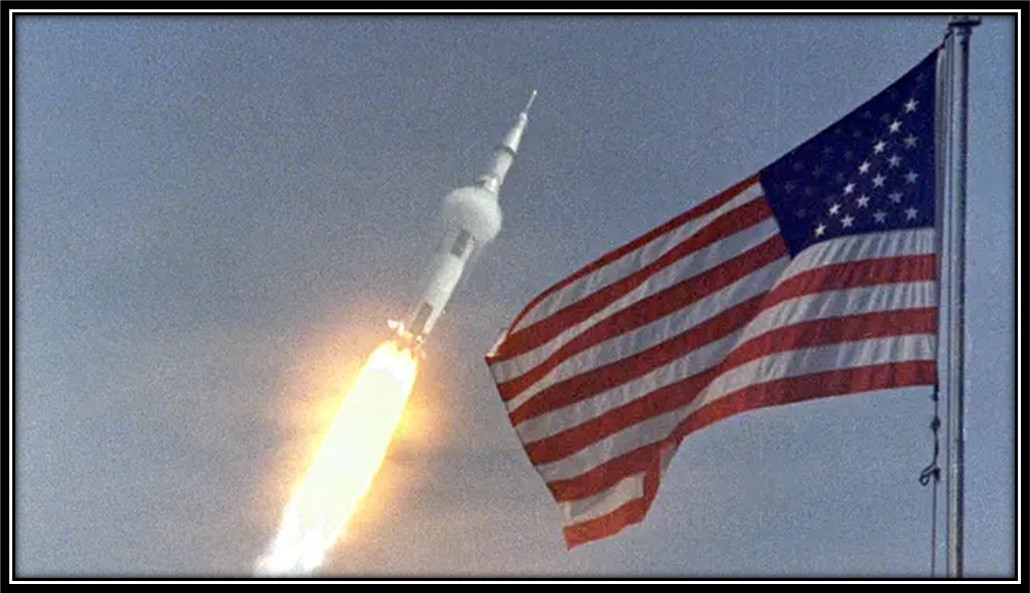Good Saturday afternoon fellow ECAHF’ers. I hope you have (or “had” if you’re just reading this on Tuesday) an enjoyable Memorial Day Holiday, and did more than merely enjoy BBQ’s and family, but also recalled the sacrifices of the fallen men and women of our armed forces.
I have to admit a certain amount of…well…let me call it “fatigue”…over criticism of America, especially by those students, many of whom, have done little (except for, perhaps, getting accepted to Ivy League schools, something admittedly, and undoubtedly, I could never do) or haven’t been anywhere, especially to places where liberty is nothing but a far-flung notion or a dream.
Still, like all of my former and current fellow service members, I would have jumped on a grenade to help protect my fellow Marines and my fellow Americans’ rights to free speech, free assembly, and all their freedoms—even those who do and say and protest stupid things.
An acquaintance mentioned several days ago that he recently had the opportunity to travel by Uber a dozen times in several big cities during a recent business trip. While not a scientific survey, his thoughts provide some food for thought. Without exception, each of his Uber cars was driven by an immigrant, predominately from Africa, Indonesia, and India. Each of these men was trying to support his family and provide a better life for them. Each of them said they came to the “greatest country in the world” because “there was liberty here” and because “if you work hard, you can advance”, unlike the countries from whence they came.
There was a news broadcast yesterday with an interview with an illegal immigrant from Iran. When asked why he was here, he said, “Freedom. No freedom on Iran.” Sure he may have been coached, but I prefer to take him at his word and believe that this man, as well as those Uber drivers my acquaintance met, meant what they said and have a perspective about America too many people born here or here long enough to become accustomed to our way of life forget about or are unaware.
This relates to our aviation history vignette for today, one in which America and Americans, even in the midst of the Vietnam War, even in the midst of the ghetto riots of the 1960’s, even in the midst of the counterculture student protests at many of our colleges, we still had the foresight, the initiative, and the resourcefulness to envision—and pay for—sending a man to the moon. Even amongst many problems that might have brought other nations to their knees, we American’s persevered and excelled.
I’m grateful for that perseverance, a perseverance that stems, I believe, from our humble willingness to sacrifice. Just like the sacrifices of those soldiers, sailors, airman, Marines, and Coastguardsmen who have given their last full measure of love and whom we honor on Monday, Memorial Day.

According to History.com, “On May 25, 1961, President John F. Kennedy announced to Congress his goal of sending an American to the moon by the end of the decade and asked for financial support of an accelerated space program. He made the task a national priority and a mission in which all Americans would share, stating that it will not be one man going to the moon—it will be an entire nation.
“On April 12, 1961, the Soviet Union had become the first country to send a man into space with the successful mission of Yuri Gagarin in the spacecraft Vostok 1. On May 5, American Alan Shepard flew into space, but did not orbit the earth as the Russian cosmonaut had. At that time, the U.S. and the Soviet Union were already locked in an arms race. Not to be outdone by America’s Cold War rivals, President Kennedy pledged in 1961 to support an American space program that would eventually dwarf the Soviet program in technological achievements and investment.
“In a speech before Congress on May 25, JFK linked the need for a space program with the political and economic battle between democracy and communism. He urged Congress to mobilize financial resources to speed up the pace of the space program’s progress.
“Kennedy’s vision did not become a reality until six years after his assassination. On July 20, 1969, then-President Richard Nixon watched with the world while Apollo 11 commander Neil Armstrong became the first human to walk on the moon. Just after Armstrong planted the American flag on the moon, President Nixon contacted Armstrong via phone to congratulate him on behalf of all Americans saying, ‘I just can’t tell you how proud we are.’”
Onward and upward!
Kind regards,
Barry
Barry R. Fetzer
ECAHF Historian
